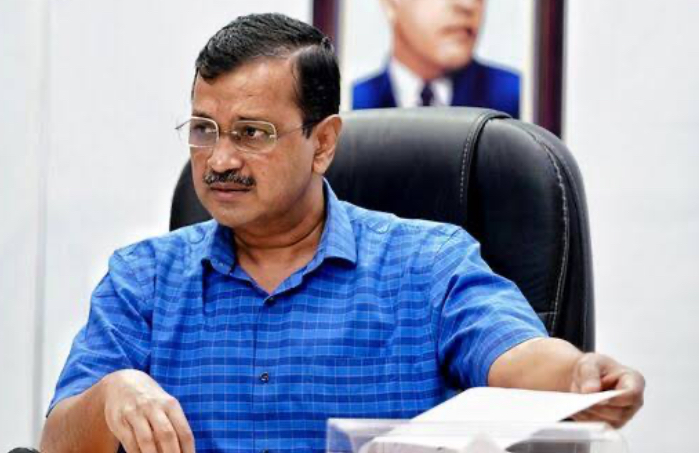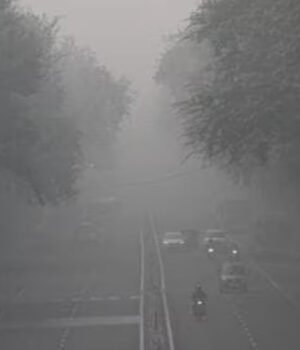
Delhi Chief Minister Arvind Kejriwal has urgently convened a high-level meeting scheduled for 12:00 pm today to address the escalating air pollution crisis plaguing the national capital. This pressing concern arises as Delhi continues to grapple with a catastrophic air quality situation, persisting in the ‘severe’ category for the fifth consecutive day, with an overall Air Quality Index (AQI) reading of 488.
The most severely impacted areas in Delhi include RK Puram (AQI 466), ITO (AQI 402), Patparganj (AQI 471), and New Moti Bagh (AQI 488). As a response to the escalating pollution levels, the Delhi government has extended the closure of all schools for students up to class 5 until November 10. Meanwhile, schools for classes 6-12 are not mandated to shut down but have the option to conduct online classes.
A stifling veil of toxic smog envelops Delhi, leading to growing concerns among medical professionals regarding the surge in respiratory and eye ailments among children and the elderly. Particulate matter known as PM2.5, which can deeply infiltrate the lungs and cause health issues, has soared to alarming levels, exceeding the government’s safe limit of 60 micrograms per cubic meter by seven to eight times in various locations across Delhi-NCR. This surge was a staggering 80 to 100 times above the World Health Organization’s recommended limit of 5 micrograms per cubic meter.
To address the crisis, the government has implemented the Graded Response Action Plan (GRAP) at its highest level in Delhi and its surrounding cities, where the air quality has remained in the “severe plus” category. The GRAP, designed by the Central Pollution Control Board (CPCB), encompasses four stages, with Stage IV being the most critical. Stage IV is activated when the AQI surpasses 450 or reaches the “severe plus” classification.
In a bid to combat severe air pollution, the GRAP has imposed stringent measures, including restrictions on truck entry into Delhi, with exceptions for vehicles carrying essential goods, providing vital services, or operating on clean energy sources like LNG, CNG, or electricity. Only electric, CNG, and BS-VI diesel light commercial vehicles (LCVs) registered outside Delhi are permitted to enter, again with exceptions for essential purposes. Furthermore, all construction and demolition activities, including public projects such as road construction, bridges, and power lines, have been halted.
In response to the crisis, both the Delhi and central governments are considering allowing public, municipal, and private offices to operate with only half of their staff on-site, while the rest work remotely.
Delhi’s air quality crisis is alarming, with a University of Chicago study revealing that air pollution significantly reduces life expectancy by nearly 12 years. The urgency of the situation demands comprehensive action to safeguard the health and well-being of Delhi’s residents.










